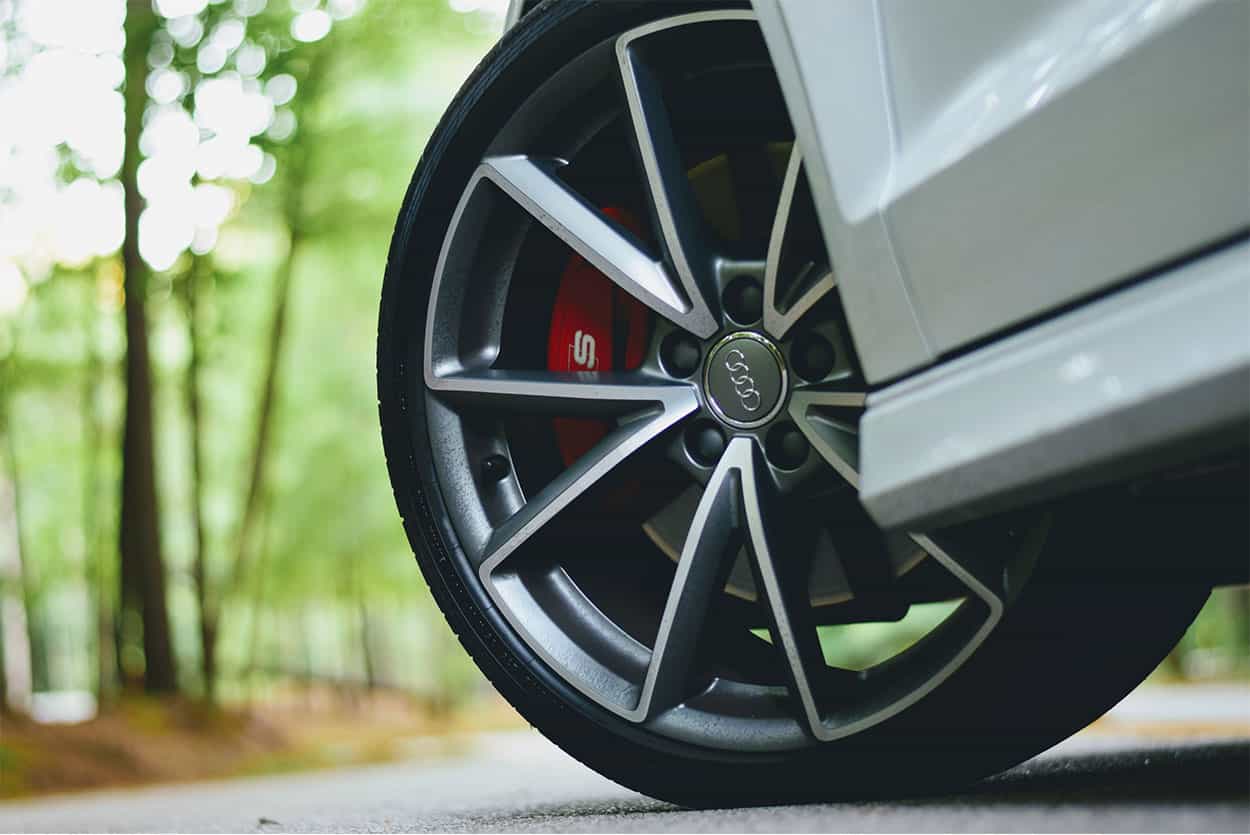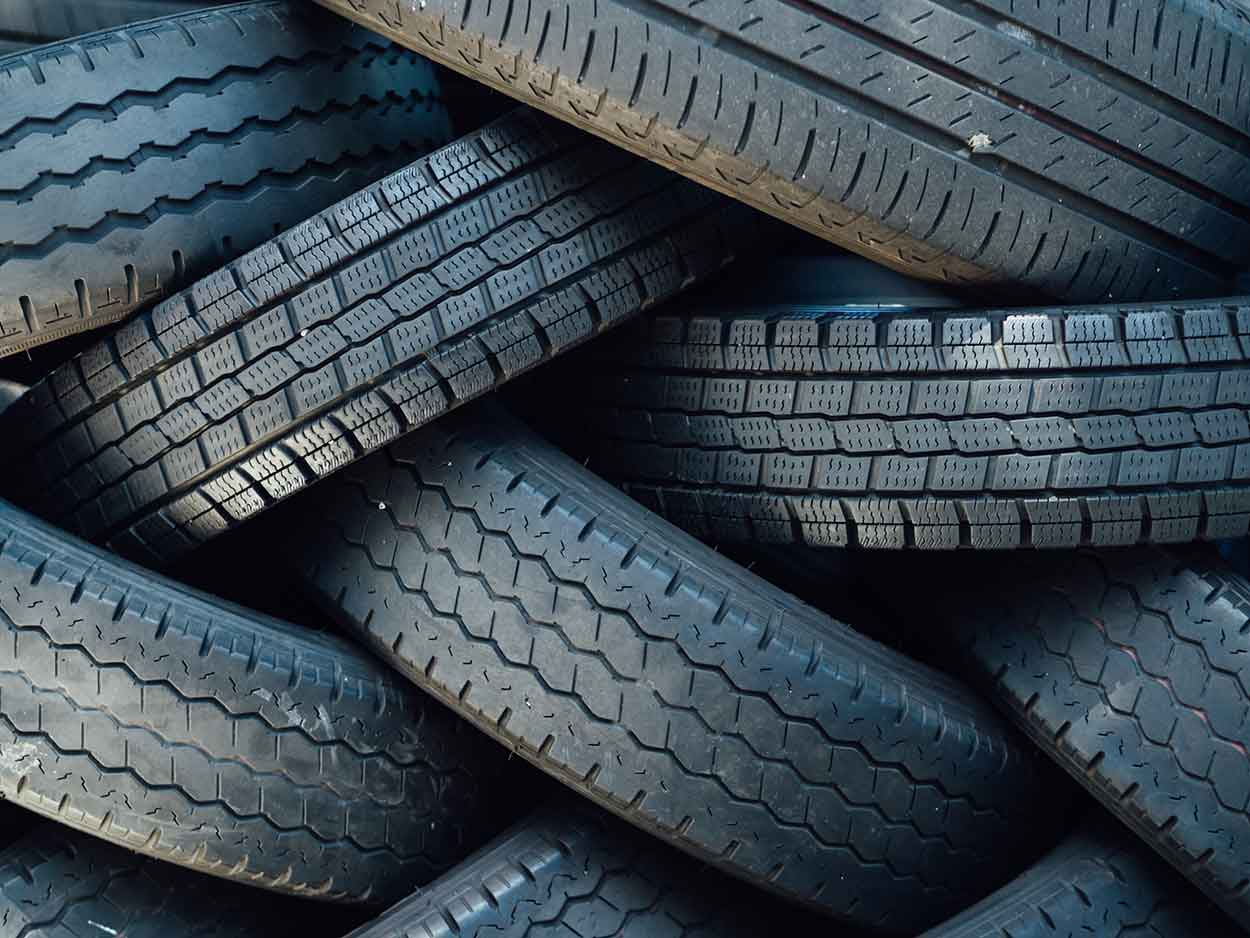While the Great British climate is certainly changeable throughout the year, there are definitely notable variations between the warmer months of summer and the colder ones in winter. In order to adjust to the different conditions of the roads and the demands they place on your vehicle, it’s important to fit the right tyre.
Generally speaking, there are three types of tyres available to car owners – summer tyres, winter tyres or all-season tyres. The clue to the benefits of each is held in their names, but which one should you go for? This guide sets out the pros and cons of each, allowing you to make an informed decision the next time you need to pay a visit to your garage or dealership.
The case for summer tyres
Summer tyres are by far the most popular choice among British drivers, with 95% of motorists favouring them throughout the year. They are specifically designed to offer unbeatable grip on dry roads, excellent stability when cornering and optimal mileage returns – as long as the thermometer reads 7°C or higher.
The difficulties arise when temperatures fall below that 7°C threshold, since the rubber used to make them hardens in colder weather and offers reduced grip. This is especially true when driving in snow, as research has found that braking times are doubled in comparison to using winter tyres.
The case for winter tyres
As you might have guessed, winter tyres are engineered to offer the inverse of their summer counterparts. If it’s 7°C or less outside, the aggressive tread pattern which characterises winter tyres is invaluable in digging into snow to offer greater traction and braking ability, while they can also part slush with greater ease, too.
Another of the main reasons for their enhanced safety is the custom rubber compound used to make them. Unlike summer tyres, this remains both flexible and cushioning in colder weather, offering superior control of the car. They shouldn’t be used in warmer weather, however, since their softness is vulnerable to rapid degradation on dry tarmac – which means they must be replaced more quickly.
The case for all-season tyres
As the name suggests, all-season tyres are a fairly new innovation which offer the best of both worlds. Designed to offer decent handling in all driving conditions, they provide you with the relevant control and safety even when it’s snowing outside. Their bespoke tread pattern also means they’re longer lasting than their winter alternatives.
However, it’s important to remember that opting for all-season tyres does involve compromise. They don’t offer quite the same mileage, cornering or braking capabilities as summer tyres in warm weather, and neither are they as effective in dealing with inclement conditions as winter tyres.
The right tyres for you
Ultimately, the type of tyres you favour will depend upon the time of year, your willingness to switch out your tyres with the changing of the seasons and the budget you have set aside for tyre replacement.
For those who would rather stick with the same set of tyres year-round, all-season tyres are a good option – but don’t provide quite the same performance or longevity as their rivals when used as intended.
Whichever variation you decide upon, it should be remembered that practicing good car and tyre maintenance can extend the lifespan of your vehicle and all its component parts, thus saving you time, money and energy in the long run.
The right wheels for you
As well as choosing the right tyres throughout the year, you’ll want to make sure you’ve got the right car. Whether it’s fuel efficiency, space or just a sought-after look, My Car Credit can help you take the first step to the right wheels for your requirements. Our quick and easy car finance application process will find an affordable finance deal for you, whatever your credit score. Use our free car loan calculator and then put us to the test by applying online today.
Rates from 9.9% APR. Representative APR 12.4%
Evolution Funding Ltd T/A My Car Credit
Require more help?
Got a question you can’t find the answer to, or need some advice and guidance around taking out car finance? Our Car Credit Specialists are friendly, experienced, and here to help so get in touch today!




